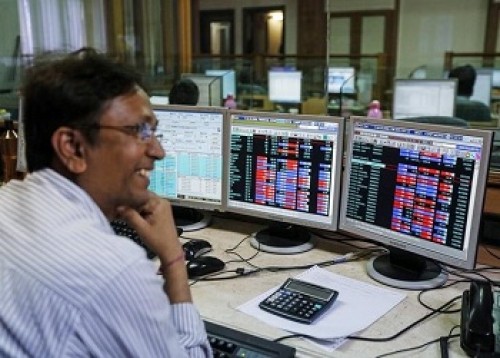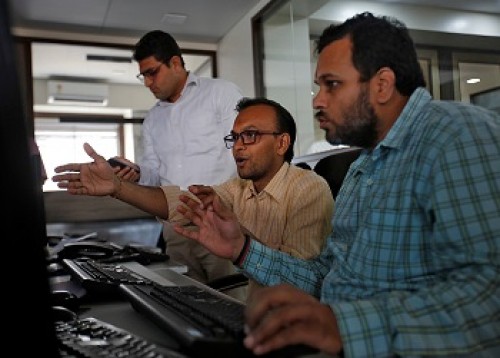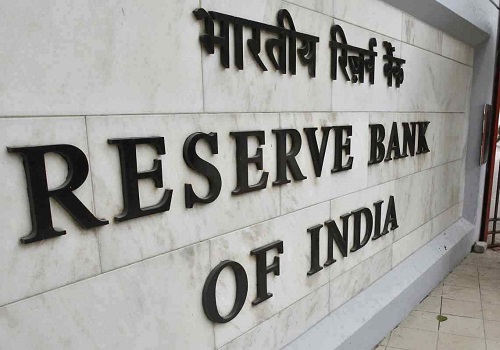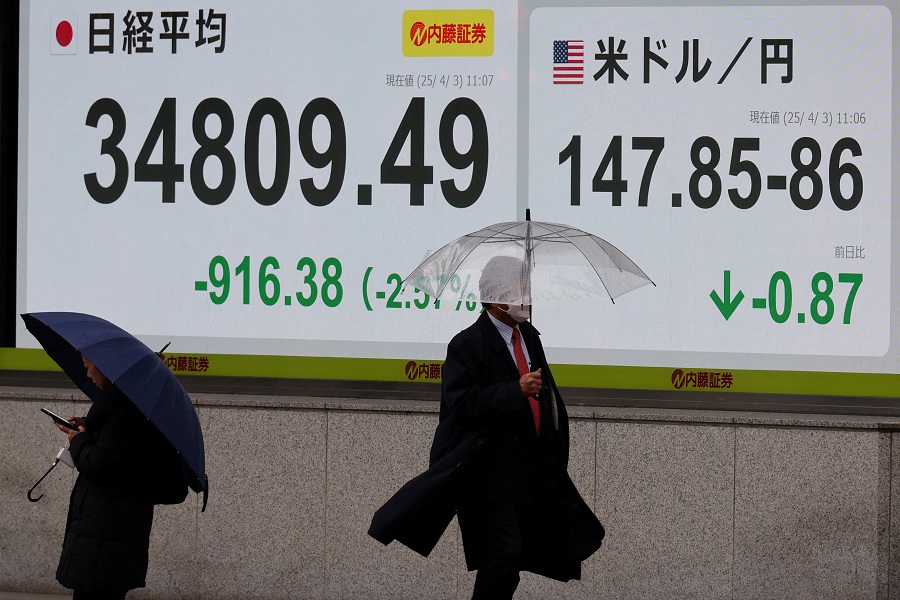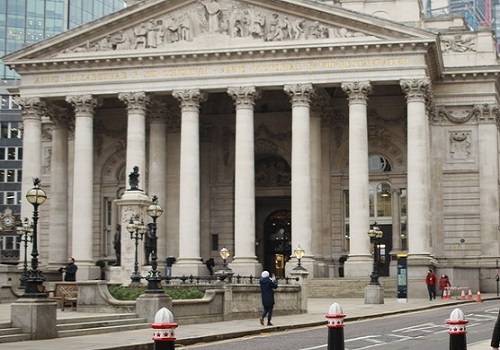Asia stocks closing in on strongest month since January

Asian stocks were poised to clock their strongest performance in 10 months at the end of Thursday's trading, even as most regional stock markets opened listless after mixed messages from the Fed and a similar struggle in U.S. stocks overnight.
The MSCI Asia-ex-Japan stocks index is up 6.7% so far this month, setting it on course to mark the best month since January.
South Korea's KOSPI has led the rally in Asia with 10.5% gains this month, followed closely by Taiwan and Japan's Nikkei Average index.
Stock markets around the world struggled on Wednesday, after a strong month driven by market expectations of peak Federal Reserve rates, and as a fall in the dollar and in U.S. bond yields loosened financial conditions.
Ten-year U.S. yields are down more than 60 basis points in November, on track for the steepest monthly drop since late 2008.
While U.S. central bank officials on Wednesday sent mixed messages, investors still focused on comments made on Tuesday by Fed Governor Christopher Waller, an influential and previously hawkish voice at the bank. Waller had said rate cuts could begin in months if inflation keeps easing.
Meanwhile, data from the U.S. showed a strong economy in the third quarter and also a downtrend in inflation, reinforcing expectations the Fed might cut interest rates earlier than expected.
"We think liquidity and momentum can still support markets through December," said Redmond Wong, market strategist, Greater China at Saxo Markets, and that rate cuts could be as early as the first quarter as U.S. economy has shown signs of deceleration.
U.S. financial conditions are the loosest since early September and have eased 100 basis points in a month, according to Goldman Sachs. The bank's global and emerging market indexes ticked up a bit last week, but financial conditions are also looser by around 100 bps from a month ago. U.S. rates futures markets are now pricing in more than 100 basis points of rate cuts next year starting in May, and the two-year Treasury yield is its lowest since July - it has slumped nearly 40 basis points this week alone.
"Absent rapid Fed easing, we expect a more challenging macro backdrop for stocks next year with softening consumer trends at a time when investor positioning and sentiment have mostly reversed," analysts at J.P.Morgan said in a note on their 2024 global outlook.
"Equities are now richly valued with volatility near the historical low, while geopolitical and political risks remain elevated. We expect lackluster global earnings growth with downside for equities from current levels."
Elsewhere in China, a closely watched factory survey showed manufacturing activity contracted for a second straight month in November and at a quicker pace, suggesting more government support is needed to help shore up economic growth.
Hong Kong's Hang Seng Index and China's benchmark CSI300 Index both opened down 0.1%. The Chinese benchmark is down over 2% in November.
Oil prices rose more than $1 on Wednesday as investors looked past a jump in U.S. crude, gasoline and distillate stock piles and focused on an upcoming meeting of OPEC+, the Organization of the Petroleum Exporting Countries and allies such as Russia.
Talks ahead of the meeting were focusing on additional cuts, although details have yet to be agreed, sources close to the group told Reuters.
U.S. crude on Thursday dropped 0.33% to $77.6 per barrel and Brent was down 0.34% at $82.82.
Spot gold edged up 0.03% to reach $2,045.29 an ounce.



